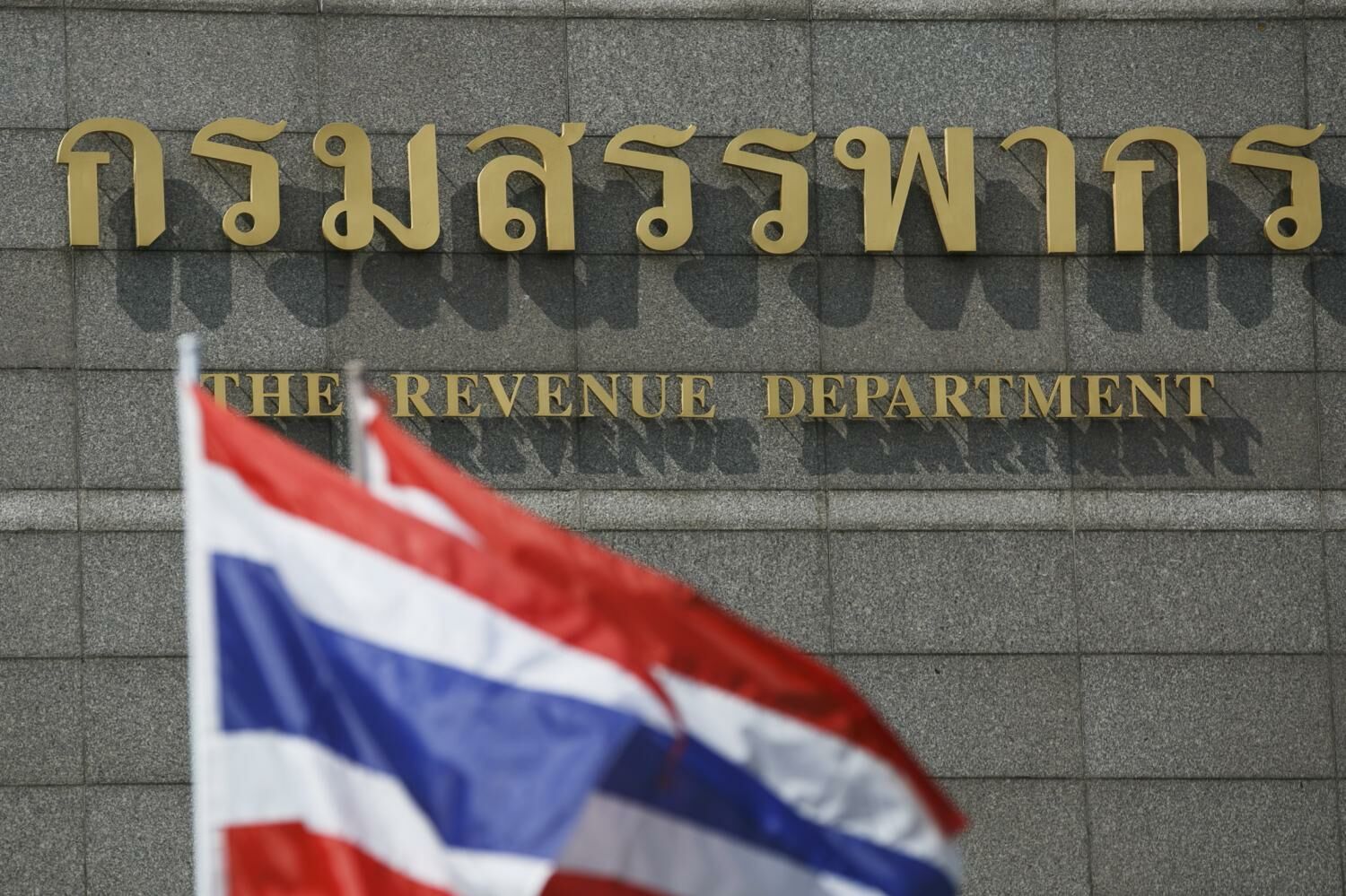Thailand’s revenue department ups tax amid economic slowdown

The Revenue Department faces a challenging year in meeting its tax collection targets, owing to a slowdown in economic activities. Despite this, five sectors have been identified as promising.
The department, led by director-general Kulaya Tantitemit, has increased its revenue collection target to 2.27 trillion baht (US$61.7 billion) for the fiscal year 2024, up from 2.02 trillion baht (US$55 billion) in 2023, a rise of approximately 3%.
This aligns with Thailand’s projected GDP growth of 2.7%, as estimated by the National Economic and Social Development Council, and the Fiscal Policy Office’s 2.8% growth prediction.
Kulaya attributes the challenging tax collection target to various factors, including external problems impacting the export market, increased energy prices, interest rates, and government expenditure being delayed until April. Trade conflicts and barriers could also affect tax collection.
Nonetheless, tax collection for the first five months of this fiscal year (October 2023 to February 2024) totalled 766 billion baht (US$20.8 billion), an increase of 1.6% over the same period in fiscal 2023. The department has also set a corporate income tax target for fiscal 2024 of 811 billion baht (US$22 billion), 5.7% higher than the previous year.
The department is focusing on sectors that demonstrate growth potential and providing tax advice similar to audit preparations. These sectors include energy-related businesses, medical and beauty businesses, retail and wholesale businesses, tourism-related sectors, and e-commerce platforms.
The Revenue Department is also taking measures to prevent tax avoidance by large businesses using transfer pricing. Additionally, the department is working on the Top-up Tax Act (Pillar 2: Global Anti-Base Erosion Rules) to expand the tax base and create revenue stability. This involves implementing a global minimum tax on large multinational corporations, reported Bangkok Post.
The department is also expanding the tax base to online businesses through the creation of the E-Business Monitoring Committee to track and propose policies. Tax authorities from over 140 countries are negotiating an agreement to compel large digital companies such as Google, Facebook, Amazon, and Apple to pay tax in countries where these companies operate, including Thailand.
This initiative, known as Pillar 1, is expected to conclude within this year. If an agreement is reached, taxes collected from these digital businesses are expected to increase.
Latest Thailand News
Follow The Thaiger on Google News:


























